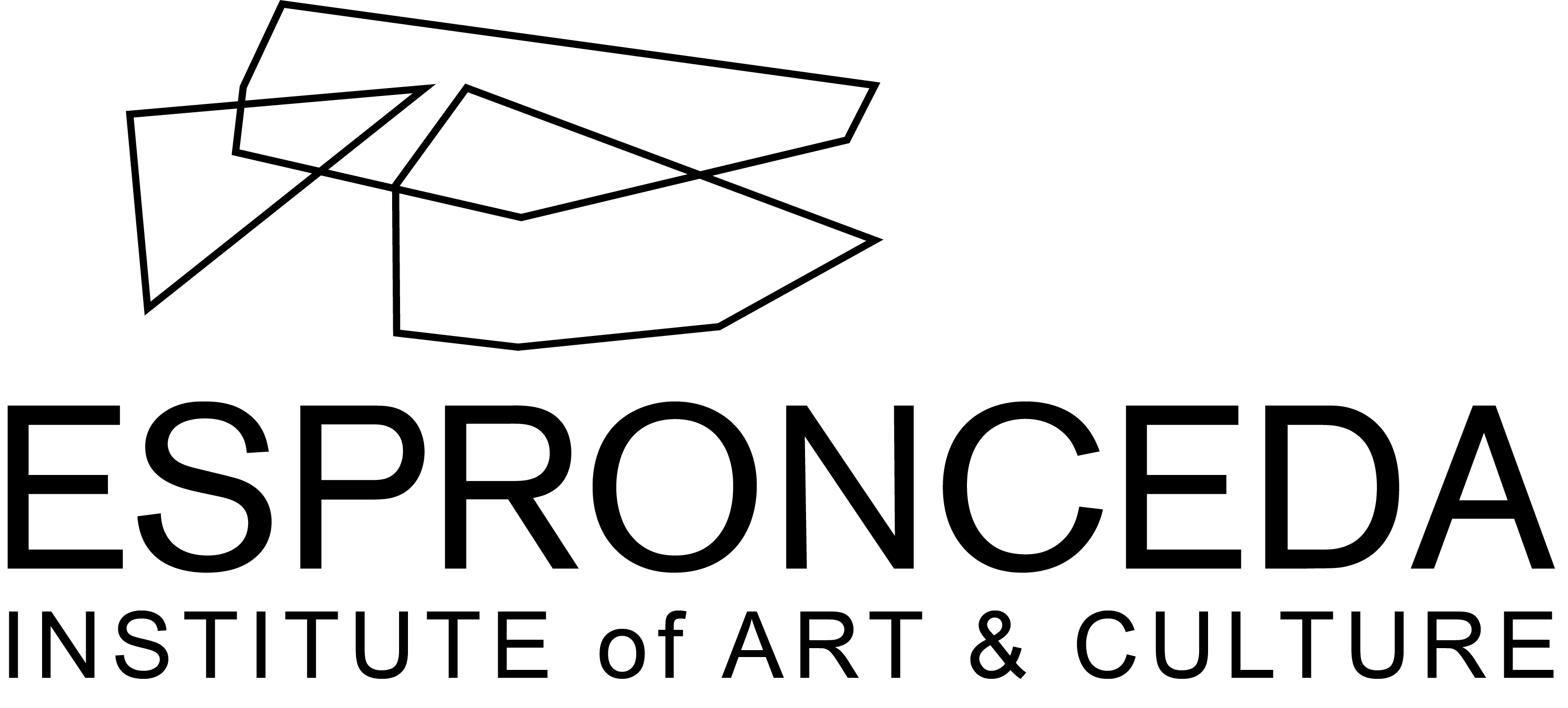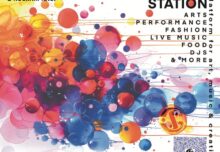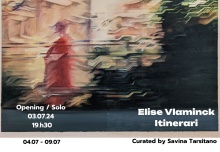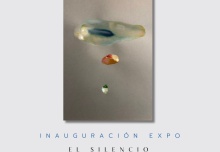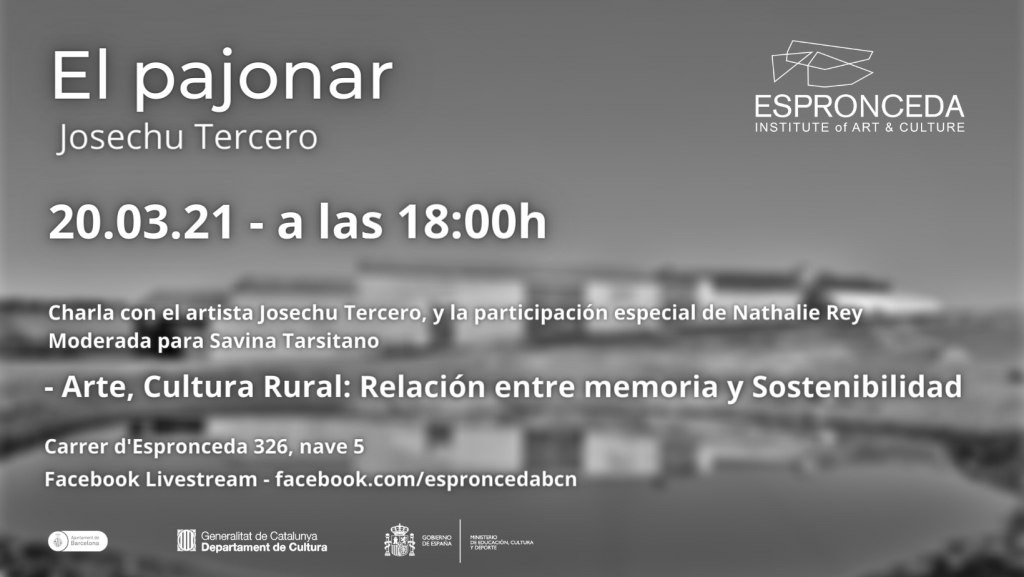
Among the characteristics of contemporary art is how establishing relationships between individuals, cultures, civilizations, thoughts, traditions and populations, in a dialogue of reciprocity and respect. We live in a chaotic, technological society that goes fast, runs almost never slowing down or stopping, but it is also true as Albert Camus said: “If the world wer clear, art would not exist’.
The talk “Art, Rural Culture: Relation between memory and sustainability” aims to open a dialogue between rural culture, memory, tradition and art. Questioning, exploring, wondering, reflecting …. How much contemporary exists in peasant memory? What happens when an artist stops, travels through the time to re-dialogue with his own territory, tradition and memory? What happens when contemporary art transforms rural culture in an artistic work, in terms of study and exchange?
With Josechu Tercero and his exhibition entitled “Pajonar”, we begin our journey into the beauty of these stone sculptures made by peasants, present in different ways in many countries and cultures, used in the mountains as shelters from rain, for animals, to rest. These sculptures immersed in the green of the mountains in isolated places, are reproduced in this exhibition, to lead the spectator on a journey through time, to stop time, to observe and not forget, with a romantic, melancholic approach through a nostalgic approach of the artist , which allows space, people and stones to dialogue in a constellation of contemporary rural architecture. And as Oscar Wilde said: “The philistine component in life is not the inability to understand art. Enchanting people such as fishermen, shepherds, plowmen, farmers and others they know nothing about art and are the real salt of the earth ". In this difficult era, where time has stopped, art must question itself more than before, it must transform itself into a time machine to remember, to lead us back to the very essence of creation, which has always been nature.
